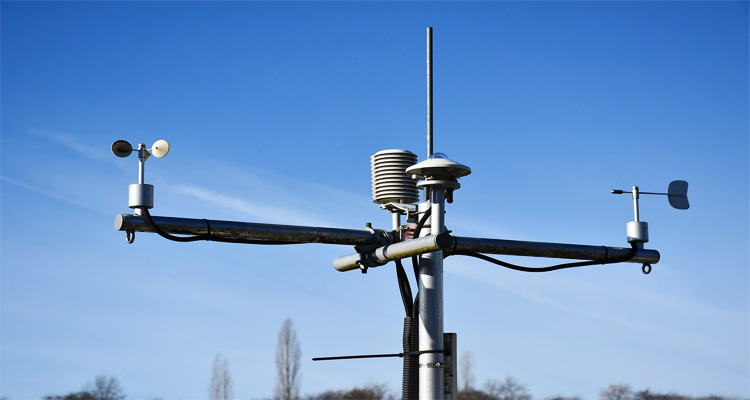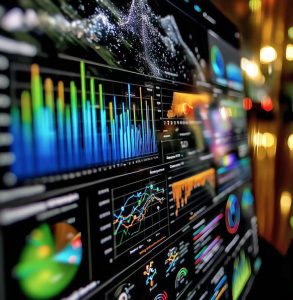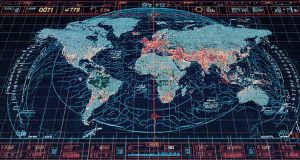Why Weather Forecasts Often Fail – And How AI Is Changing the Game

AI-powered weather forecasting accuracy
Weather forecasts are said to never be accurate. The forecast says it will be a sunny day, yet halfway through, you get caught in a heavy downpour. Maybe you’ve had this experience too. But why does this happen?
Because weather forecasting is a complex task. So many factors come into play that calculating a stable, accurate prediction becomes very difficult. For coastal countries like Bangladesh or Korea, the task becomes even more challenging. Countries like the United States can do it relatively better—not just because of their advanced technology, but also due to their advantageous geographical positioning.
This advanced technology is built upon the work of scientists like Japanese-American Syukuro Manabe, German Klaus Hasselmann, and Italian Giorgio Parisi. For their groundbreaking research on physical complex systems, they were awarded the Nobel Prize in 2021. Modern weather forecasting systems are based on their work.
Even then, these models often fail to provide perfectly accurate forecasts.
To test its accuracy, this model was used to generate a 10-day weather forecast. It not only predicted regular weather conditions but also estimated the path of hurricanes with greater precision.
To achieve more accurate weather forecasts, Microsoft has developed an AI (artificial intelligence) model. This model can identify air quality, weather patterns, and the increasingly frequent tropical storms caused by climate change more effectively than current global forecasting systems. In addition, it can provide more precise forecasts based on that data.
The model has been named Aurora. Although it has not yet been released commercially, it has been tested to produce 10-day weather forecasts. The model has demonstrated improved accuracy not only in predicting regular weather conditions but also in tracking the path of hurricanes. One of its notable advantages is its relatively low cost. These findings were highlighted in a research paper published in the renowned journal Nature.

Paris Pardikariss, Associate Professor in the Department of Mechanical Engineering at the University of Pennsylvania, USA, is the lead researcher of this study. According to him, “For the first time, an AI system has provided better forecasts than all the weather prediction centers around the world combined.”
Aurora was trained using past weather data. In this way, it predicted all the hurricanes of 2023 more accurately than the United States National Hurricane Center as well as all other weather forecasting centers.
But how does it cost less? Traditional weather forecasting models calculate predictions based on fundamental principles of physics such as conservation of mass, momentum, and energy. This requires a tremendous amount of computing power. The recently published study states that compared to these models, Aurora can provide more accurate forecasts with significantly less computational cost.
“We have taken this very seriously.” They themselves have also developed AI models. Their first model was released in the market in February this year. However, it is neither as accurate as Aurora nor does it produce output at a comparable high resolution.

In a video presentation published by Nature, Pardikariss said, “This marks the beginning of a revolution in atmospheric science. The biggest challenge in the next 5 to 10 years will be to provide real-time weather forecasts—not from past data, but using information gathered from satellites and other remote sensing sources like weather stations.”
The European Centre for Medium-Range Weather Forecasts (ECMWF) provides weather forecasts for 35 countries in Europe. After seeing Aurora’s more accurate forecasts compared to their own model, ECMWF’s Director-General Florence Rabier said, “We have taken this very seriously.” They have also developed AI models themselves. Their first model was released to the market in February this year. However, it is neither as accurate as Aurora nor does it produce output at a comparable high resolution.
Overall, many believe this AI might truly transform the future of weather forecasting. Or perhaps even better artificial intelligence systems will emerge—who knows?







